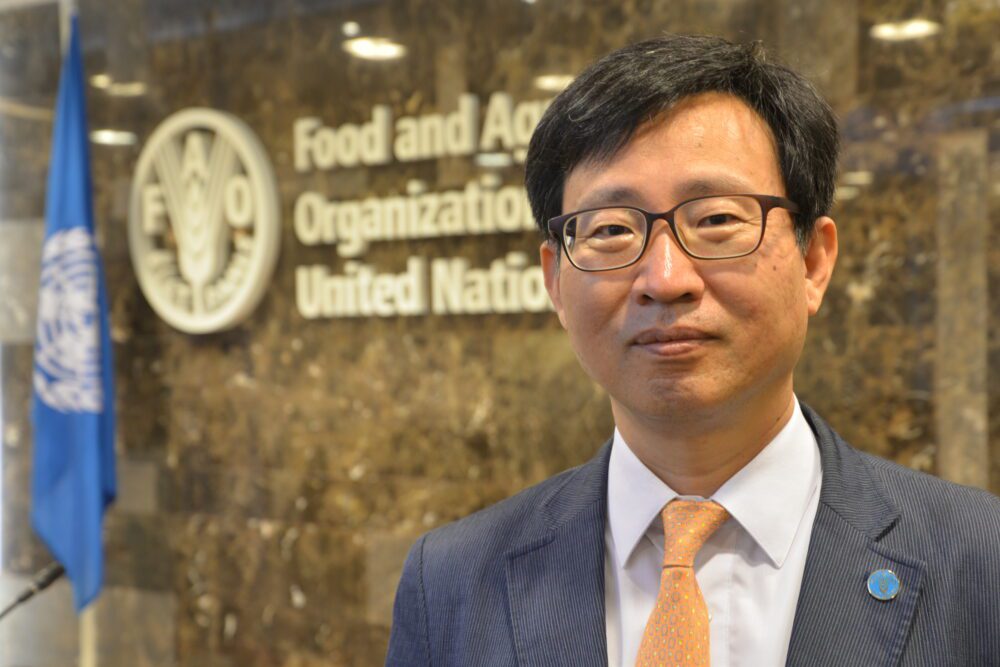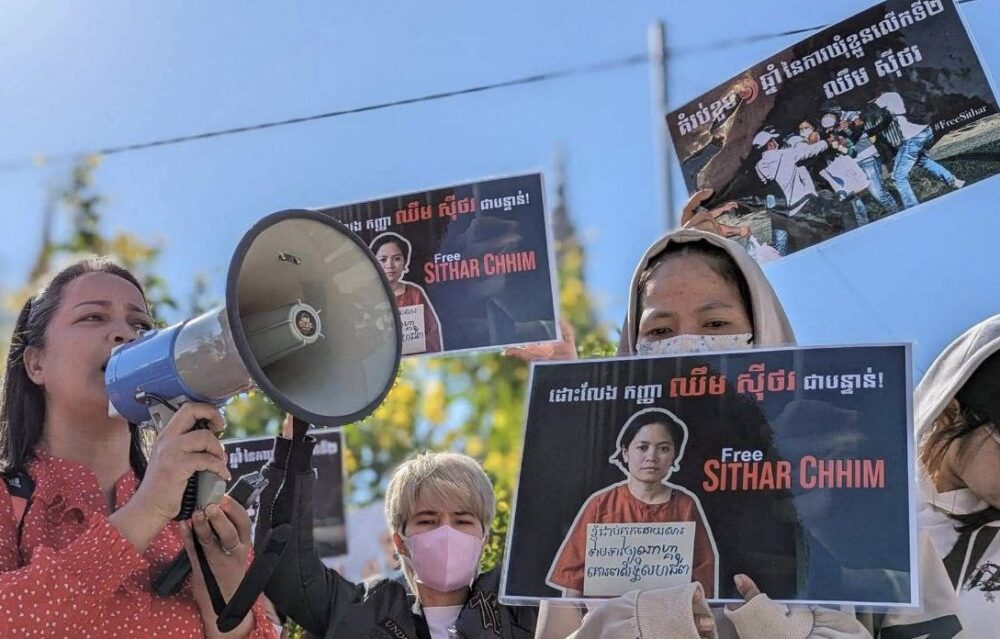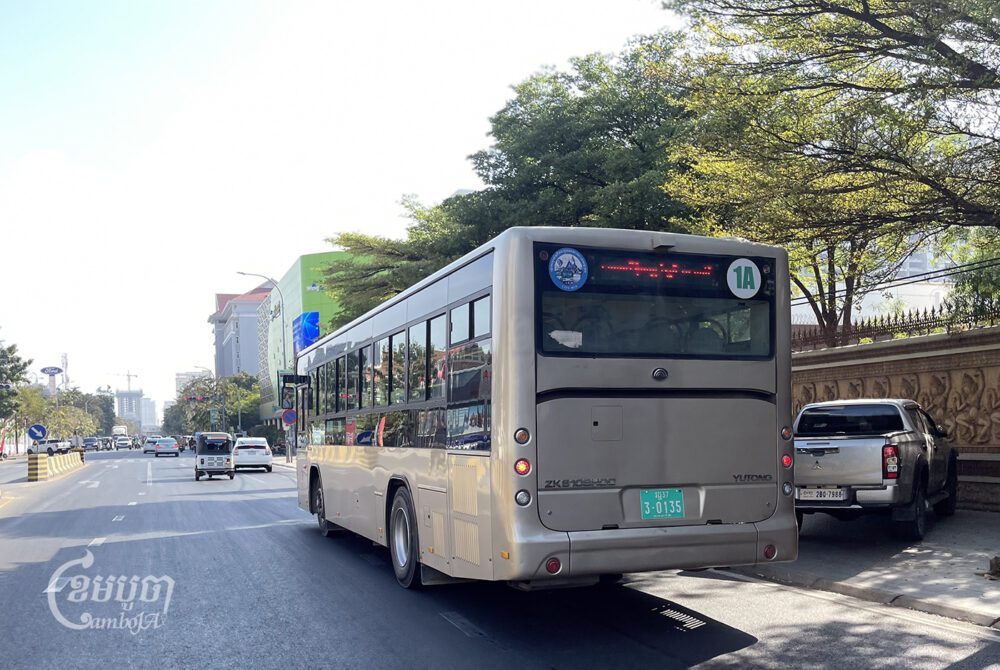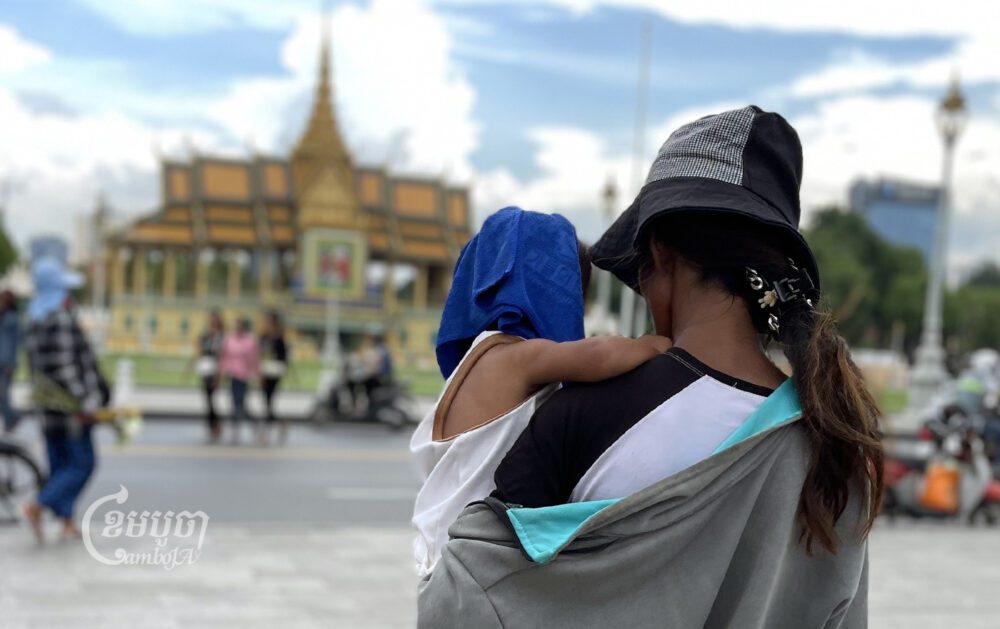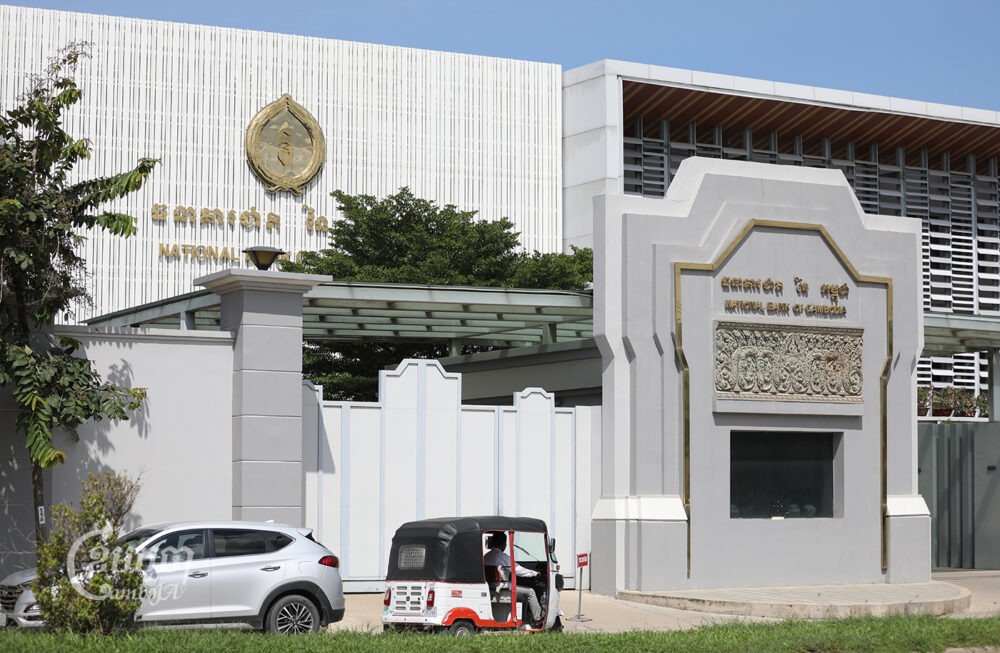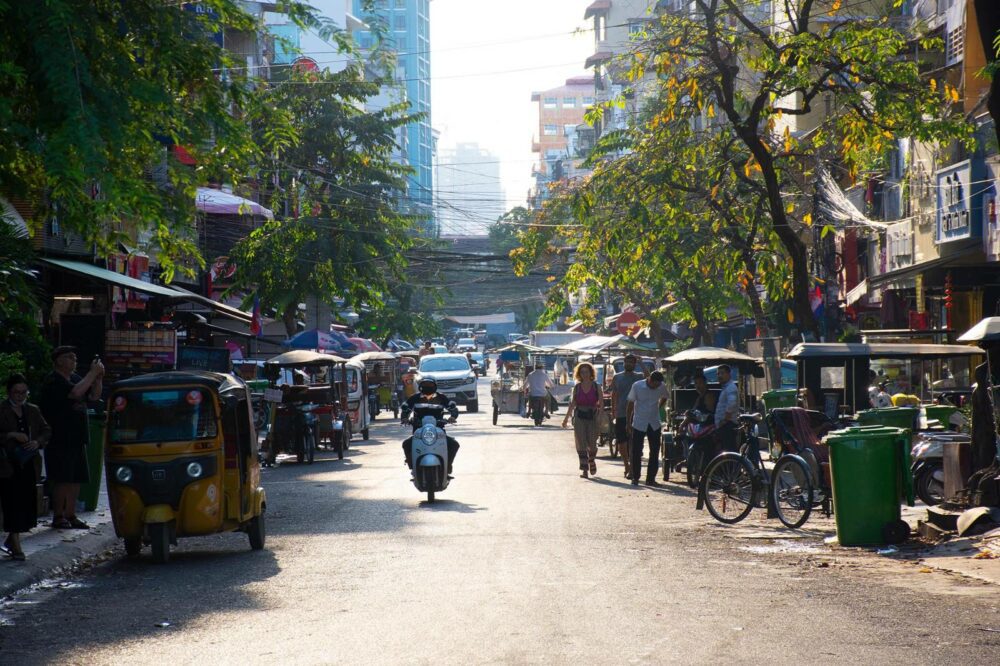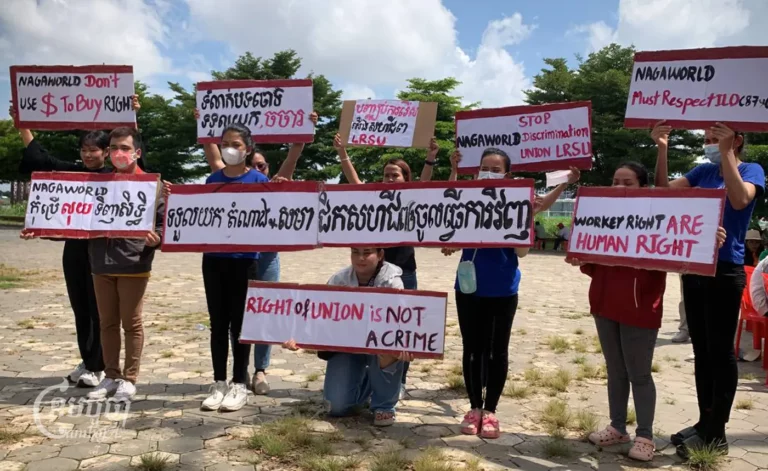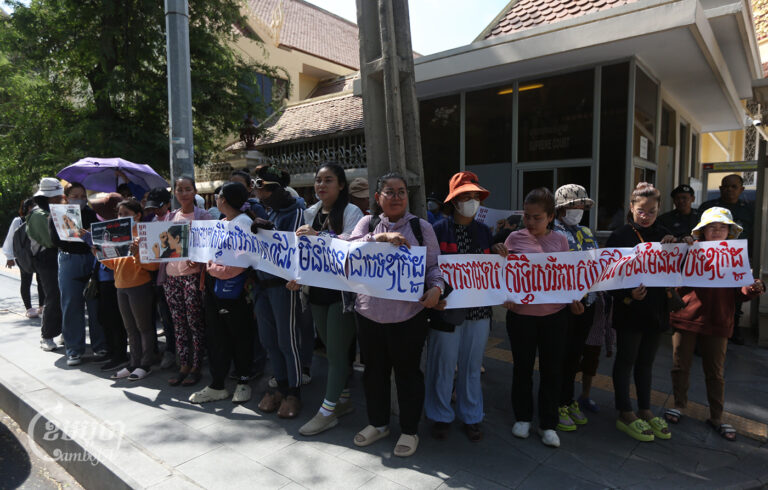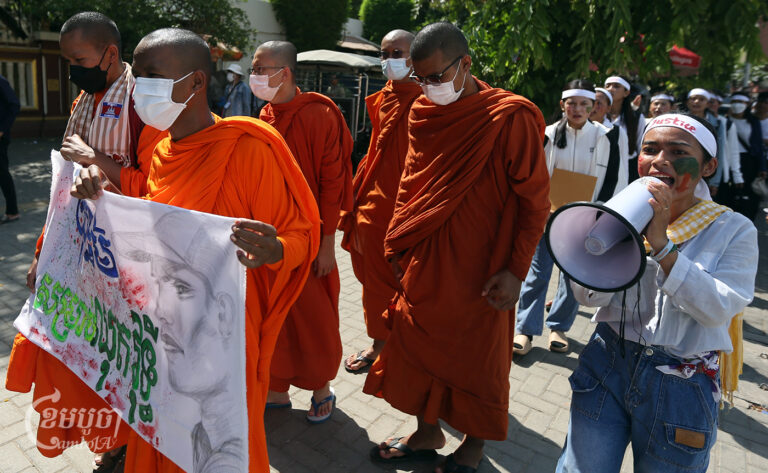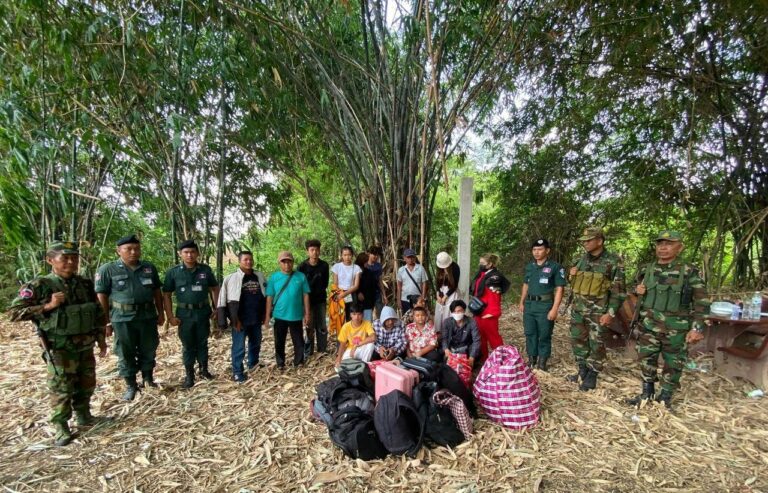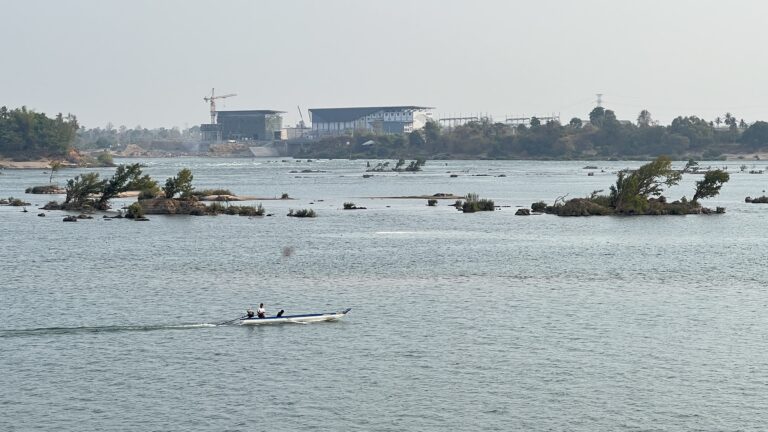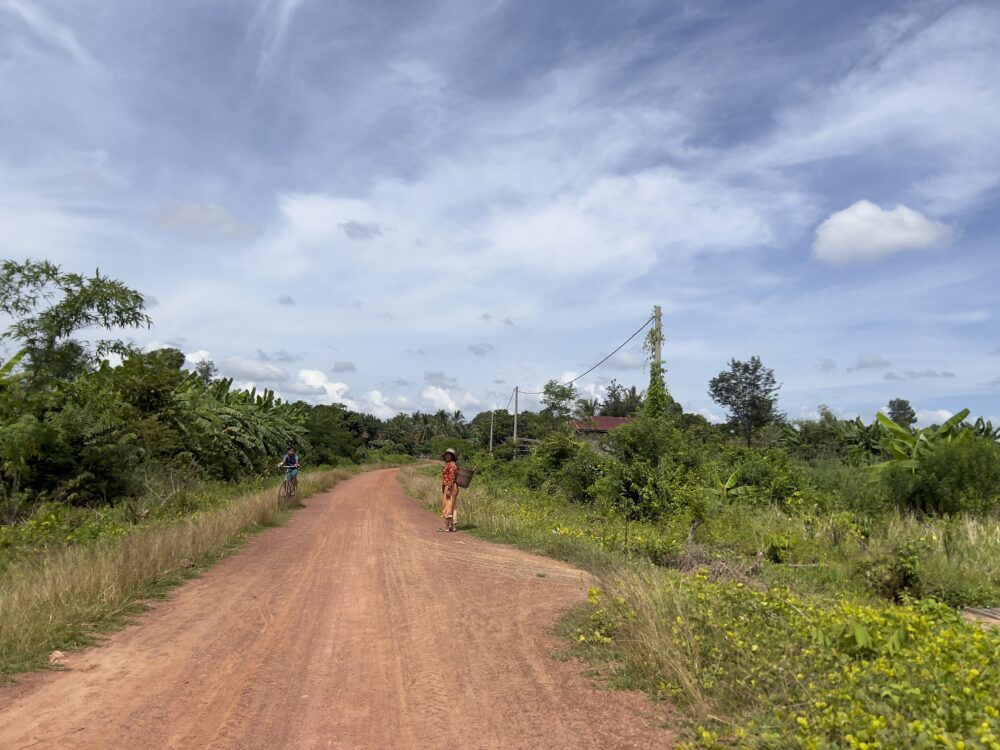
- National -
Op-Ed: Indigenous Communities Lose Land at Perilous Rate Due to Predatory Loan Industry
A microfinance credit officer in Ratanakiri recently told me he thought Cambodia’s Indigenous communities would be landless in the next 10 years, as they sell off their land to pay off loans. His worrying prediction comes in the wake of the Covid-19 pandemic, when financial instability pushed even more people in the country to take on debt. Many local community members, including Indigenous communities, have borrowed money from banks and microfinance institutions to buy land, pay for medical expenses, build houses, fund farms, carry out religious ceremonies and pay school tuition. But many of these communities are struggling to pay back their debt.


